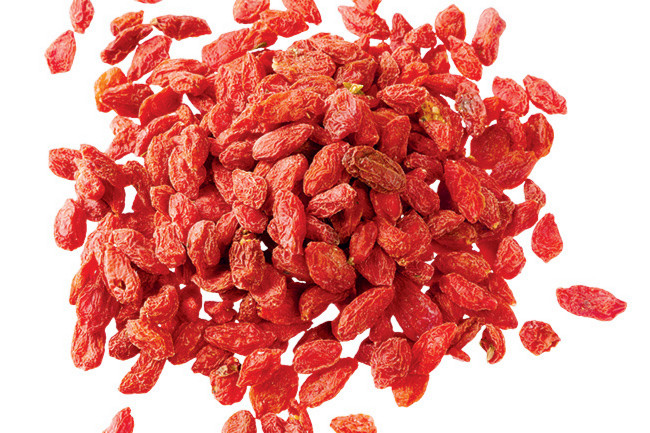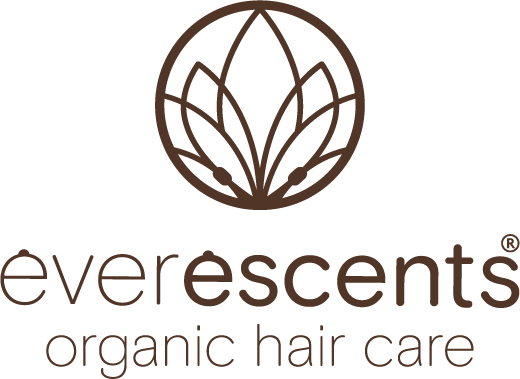So you have heard the word “Superfood” being thrown around quite a lot lately but you’re still not 100% sure what it means?
You’re not alone.
We’ve collated some information below explaining what this term really means and how they can benefit us in our everyday life.
Superfoods are a term that appeared during the 1990s. It refers to types of foods which are thought to have a very high content of certain nutrients, making them exceptionally worthwhile to include in our diets.
What are Superfoods?
Typically these food sources are high in antioxidants and essential nutrients – nutrients our bodies can”t produce.
Unfortunately, since the term has been introduced, many companies have abused the label in order to promote their products, even though they don”t live up to the claims. ALWAYS CHECK THE INGREDIENTS LIST BEFORE PURCHASE TO MAKE SURE THE CLAIMS ON THE FRONT ARE CORRECT.
The main health benefits of superfoods include:
- Helping to regulate metabolism and burn body fat.
- Protecting the organs from toxins.
- Lowering cholesterol and blood pressure.
- Preventing or reducing inflammation in the body.
- Preventing heart disease and cancer.
- Promoting digestive health.
No definitive list of superfoods exists, but some of those that appear frequently include:
- Cacao – Packed with antioxidants
- Goji Berries – High in vitamin C and A
- Chia Seeds – a great source of soluble fibre
- Maca – can help to balance hormones, enhance libido and mood, and boost strength and stamina.
- Oily fish, such as sardines and salmon – rich in omega 3 fatty acids.
- Olive oil – rich in antioxidants and good fats.
- Brazil nuts – high in selenium.
- Broccoli – high in antioxidants and a good source of folate.
- Spirulina – consists of chlorophyll, amino acids, protein
- Natural yoghurt – contains good bacteria to fight bad bacteria.
- Soy – rich in protein and high in fibre.
- Dark Chocolate – rich in flavonoids and antioxidants
So should you specifically choose superfoods?
Superfoods do provide generous amounts of vitamins, minerals and fatty acids and offer slightly more protection against some health conditions than ordinary foods, but they are best included as part of a balanced diet. So rather than striving to just eat superfoods, it”s better to simply aim for a minimum of five portions of whole fruits and vegetables per day. It”s true that most superfoods contain the same nutrients as other natural foods but in higher quantities which means you don”t require as much of them to get the benefits.
Sourced From: http://www.bodyandsoul.com.au




You must be logged in to post a comment.